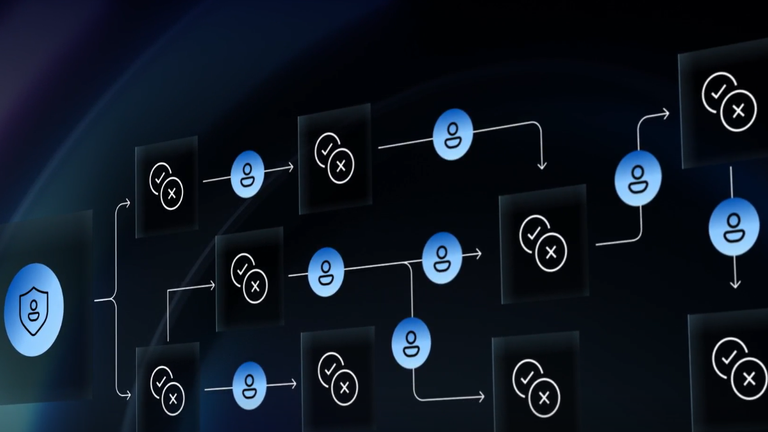
Hacking by criminals and spies has reached 'unprecedented complexity', Microsoft says
- 24.03.2025 16:36
- news.sky.com
- Keywords: Cybersecurity, AI
Microsoft reports a surge in sophisticated cyberattacks, with criminals and spies using increasingly complex methods. To combat this, the company is launching 11 AI cybersecurity agents designed to identify threats, block hacking attempts, and gather attack intelligence, aiming to protect its vast user base from growing risks.